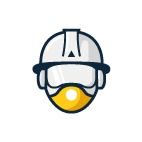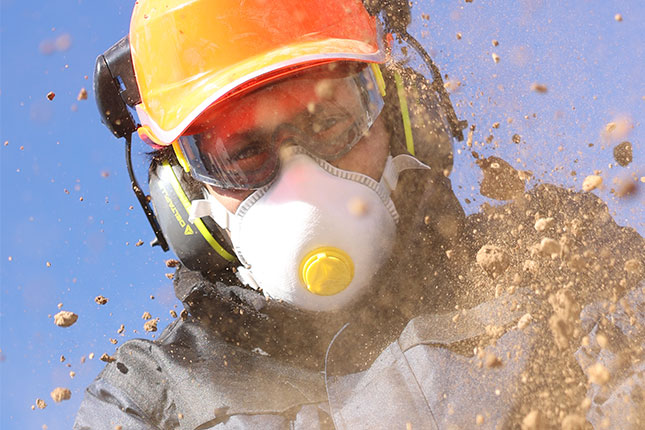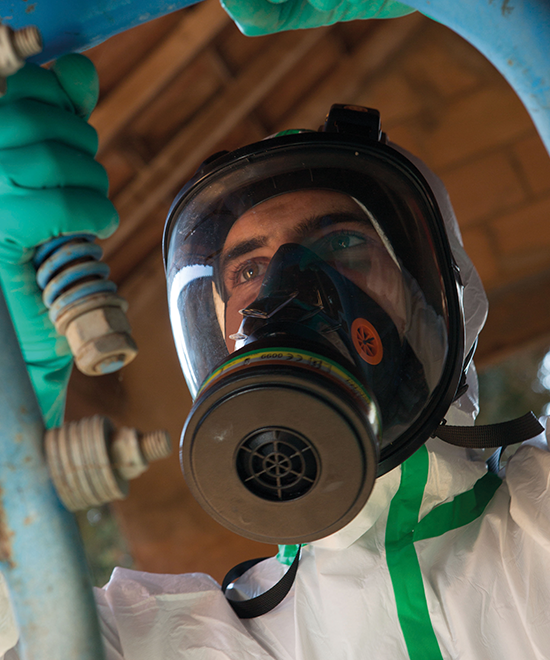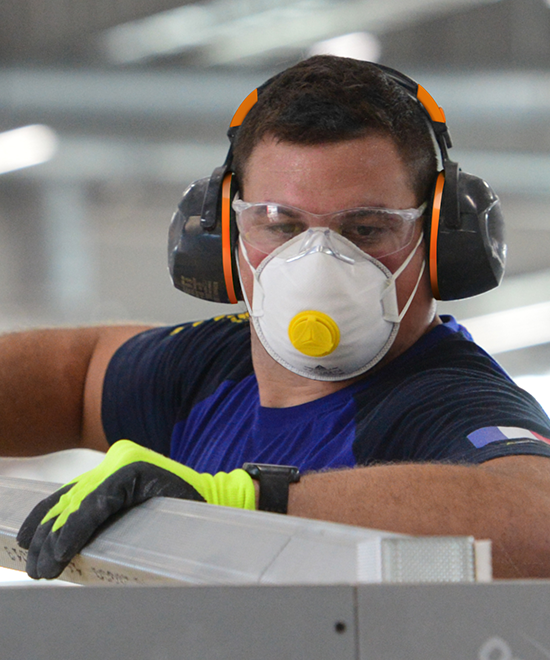
Legyen szó akár szakemberről, akár magánszemélyről, védje magát a mérgező gázoktól, és lélegezzen tiszta levegőt légzőmaszkjainkkal.


Legyen szó akár szakemberről, akár magánszemélyről, védje magát a mérgező gázoktól, és lélegezzen tiszta levegőt légzőmaszkjainkkal.

The importance of using respiratory protective equipment, including masks, in the building industry cannot be overemphasized. Despite being often overlooked, respiratory protection is critical to the health and safety of workers exposed to various airborne hazards.
In the building industry, workers are frequently exposed to dust, fumes, gases, vapors, and other potentially hazardous particles. These contaminants can lead to serious respiratory health problems such as lung diseases, asthma, and even cancer. Consequently, it is vital to utilize respiratory protection like masks to prevent inhalation of these harmful substances.
OSHA (Occupational Safety and Health Administration) regulations mandate the use of appropriate respiratory protective equipment to ensure the safety and health of workers. The use of respiratory masks is essential when adequate ventilation is not possible or when the concentration of hazardous substances exceeds permissible exposure limits.
Respiratory masks help filter out these airborne contaminants, allowing the wearer to breathe safely. They act as a protective barrier, ensuring the air you breathe is clean and free from harmful particles.
As a leading provider of personal protective equipment, Delta Plus is committed to offering a comprehensive range of respiratory masks suitable for use in various environments within the building industry. Whether it's for protection against dust during demolition or insulation works, or fumes from welding and painting tasks, our masks are designed to offer optimal fit, comfort, and protection.

There is a diverse array of respiratory protective equipment tailored for different risks and exposure levels in the building industry. Notably, the two key types of masks are half-masks and filtering masks.
Half-mask respirators, as the name suggests, cover the nose and mouth of the wearer but leave the rest of the face exposed. They are commonly used in the building industry due to their efficiency, affordability, and ease of use. Half-masks are often employed in situations where dust, fumes, and non-toxic vapors are prevalent.
These masks work in conjunction with various cartridges to filter out specific types of contaminants. For instance, a half-mask equipped with a particulate filter would be suitable for environments with airborne dust or mists. Conversely, a half-mask with a chemical cartridge would be required for protection against harmful gases or vapors.
Filtering masks, also known as particulate respirators or dust masks, are generally disposable and designed to protect against particulate hazards. They are often lighter and more comfortable to wear than half-masks, making them a common choice for tasks with lower hazard levels.
These masks filter out airborne particles such as dust, mists, and fumes but are not designed to handle gases and vapors. They are typically suitable for tasks like sanding, grinding, and cutting, where dust generation is a significant concern.
Whether it's a half-mask or a filtering mask, it's important to remember that no single mask can protect against all hazards. Therefore, the selection should be based on the type of contaminant and its concentration in the workplace environment. Understanding these differences and choosing the right mask can make a significant difference in your respiratory safety and health.
